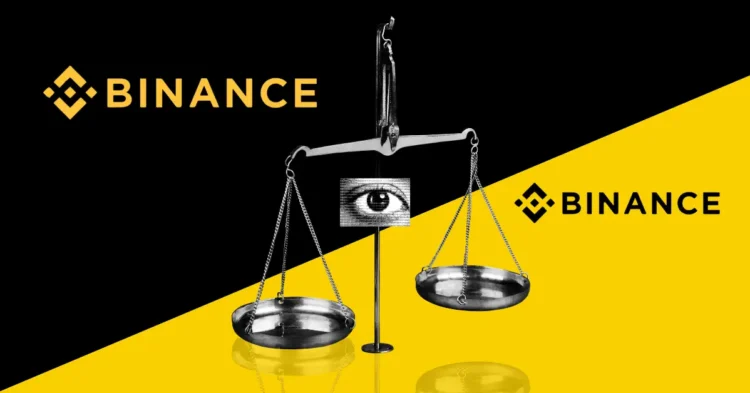In the dynamic world of cryptocurrency, legal battles can significantly impact market dynamics and investor confidence. One such high-profile case involves Binance, the world’s largest cryptocurrency exchange, and the U.S. Securities and Exchange Commission (SEC). Recently, this ongoing legal confrontation took a pivotal turn as the U.S. court issued a report that delineates the specific claims that will advance in the judicial process. This clarification has piqued the interest of investors and traders globally, as it highlights the legal scrutiny Binance is under.
U.S. Court Clarifies Focus in Binance vs. SEC Case
On October 17, 2024, a significant development unfolded when the United States District Court released a comprehensive report to outline which aspects of Binance’s operations will be the focal points of the investigation. This ruling has not only provided clarity but also set the trajectory for the ongoing legal examination of Binance’s activities. According to the court’s decision, several key areas will be scrutinized, including:
- The launch of Binance’s native cryptocurrency, BNB, and the subsequent token sales.
- Binance’s BNB Vault program, designed for BNB token holders.
- The Binance BAM trading platform’s staking program, which allegedly offered investment opportunities without appropriate registration.
- Overall operations of Binance and its affiliated entities that may not comply with U.S. financial regulations.
These focal points have emerged as crucial areas of interest in the court’s investigation, which aims to ensure compliance with U.S. financial laws. Furthermore, the court has confirmed that Changpeng Zhao, Binance’s former CEO, will also be subject to investigation concerning these activities, indicating the investigation’s depth and breadth.
Which Binance Activities Are Not Under Investigation?
Conversely, the District Court has decided to exclude certain activities from the current investigation. These activities include the secondary sale of BNB by entities unaffiliated with Binance, Binance’s stablecoin BUSD, its Simple Earning programs, and employee compensation through BNB tokens. This strategic decision aims to streamline the investigation, allowing it to concentrate on the most pertinent issues, thus facilitating a more efficient legal process.
However, it is essential to note that the exclusion of these activities from the current investigation does not preclude them from possible future scrutiny. Should new claims arise or additional evidence come to light, these activities could potentially be reassessed. The court’s clarification serves to refine the investigation’s focus, ensuring that it proceeds efficiently within the delineated scope while remaining open to future adjustments.
As this legal battle unfolds, the global cryptocurrency community continues to watch closely, understanding that the outcomes could have profound implications for the regulation and operation of cryptocurrency exchanges in the United States and beyond. The court’s report has not only provided clarity but also underscored the importance of regulatory compliance in the evolving landscape of digital finance.










